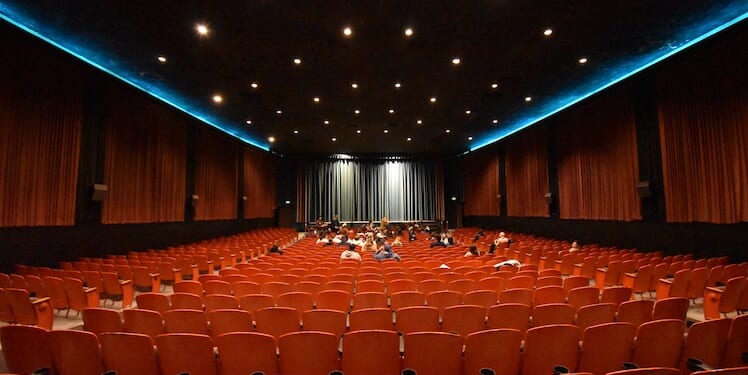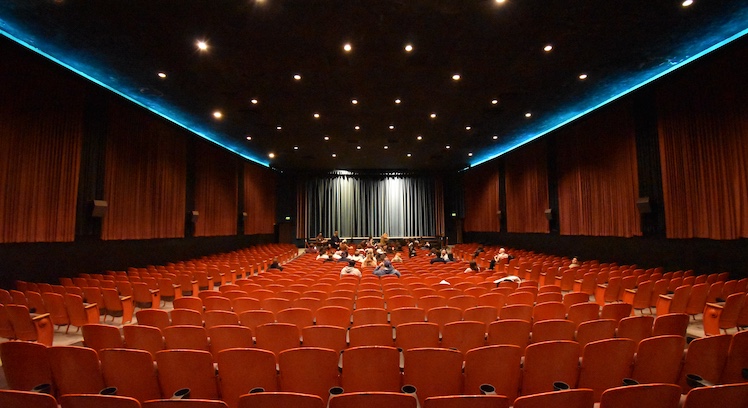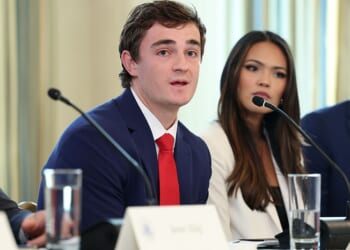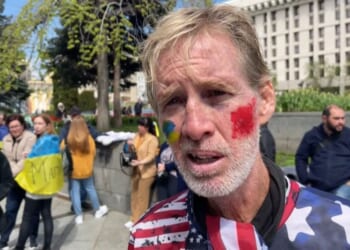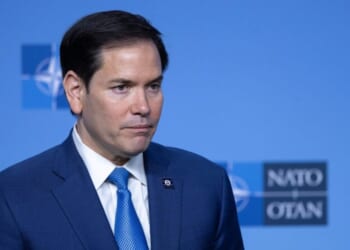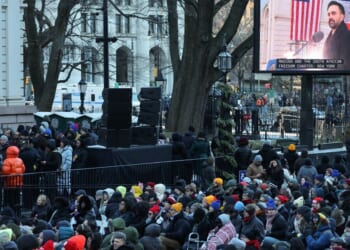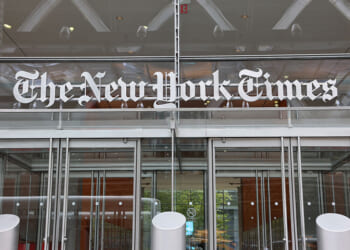On November 8, the IndieChina Film Festival was scheduled to begin in New York. IndieChina was organized by the veteran Chinese indie figure Zhu Rikun. Mainstream Chinese cinema has exploded, but Zhu wanted to showcase the country’s independent film industry to audiences abroad as well. On November 6, the film festival was effectively over, two days before it was supposed to begin.
Leading up to the festival, Zhu began getting messages from participants saying they’d regretfully have to cancel their participation. A few were brave enough to be honest with Zhu: They’d been threatened or harassed by the Chinese government.
Zhu got his own form of Beijing’s “outreach” when his father called him early in the morning, “his voice sounding strange,” according to the New York Times. Zhu’s father “urged him not to do anything that would hurt China.”
Zhu was one of several film industry figures who hadn’t lived in China in years. Non-Chinese citizens were also harassed, the Times reported.
“I never thought about hiding this, like it was an underground event,” Zhu told the Times. “If we were in China, I’d probably do that.” He was genuinely surprised “that this would become so hard even in New York.”
Borderless harassment has been a fixture of Chinese, Russian, and Iranian influence operations in the West for a long time. Meanwhile, China has set filmmaking policy in Hollywood for two decades through conditional agreements to show American movies in Chinese theaters. Now China has graduated to deciding which film festivals can be shown in New York City.
“I hope this announcement of the cancellation of IndieChina Film Festival will make certain unknown forces stop harassing all the directors, guests, former staff, volunteers and my friends and family,” Zhu said in a statement.
IndieChina was a small festival. International Documentary Festival Amsterdam is, on the other hand, reputed to be the largest documentary festival in the world.
IDFA is already under way. It has done nothing to unnerve the CCP, I guess. It’s main target this year is, as with much of the entertainment industry, the democratic State of Israel.
Late last month, Variety broke the story that IDFA was joining the boycott-and-blacklist trend aimed at the Jewish state. DocAviv, the main documentary film festival and organization in Israel, gets some public funding, as is common in the industry. So DocAviv, along with Kan and CoPro, were banned from IDFA. According to DocAviv artistic director Michal Weits, the groups received a letter from IDFA saying “that they are not going to provide us accreditation since we are complicit with the genocide, which is obviously not true.”
The Israeli government has no say in what DocAviv does or does not screen. Indeed, the dark irony in all this is that, if art is as powerful as we are told by the pompous anti-Israel industry figures, then the blacklists undoubtedly harm the Palestinian “cause” and do nothing to help it.
That’s not to say that there won’t be plenty of anti-Zionist agitprop at the festival. There will be. If you’ve made a documentary with the word Gaza in the title, as long as you’re not an Israeli Jew you’ll get your piece shown like everybody else.
But the festival will not have Israeli projects intended to drum up empathy for Gaza or make the case for coexistence because that would acknowledge the fact that Israelis are people. The flat-minded artistic activists at IDFA need Israelis to be a concept—faceless and devoid of humanity, no matter the subject. “Culture and films are the only way to communicate with each other,” Weits says. “But the boycott wants us to be isolated and disappear, and yet I think our voice is important.”
But it isn’t—not to the art world, anyway. The entire focus of anti-Zionist activism is the erasure of the Jewish state. If it’s any consolation, there will continue to be plenty of Chinese films to see.

